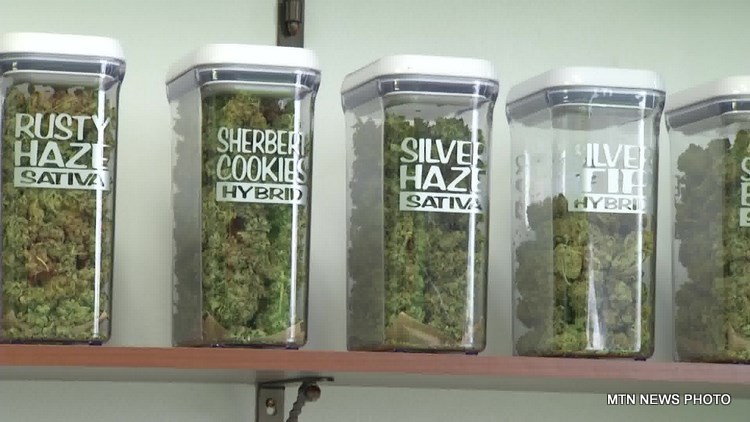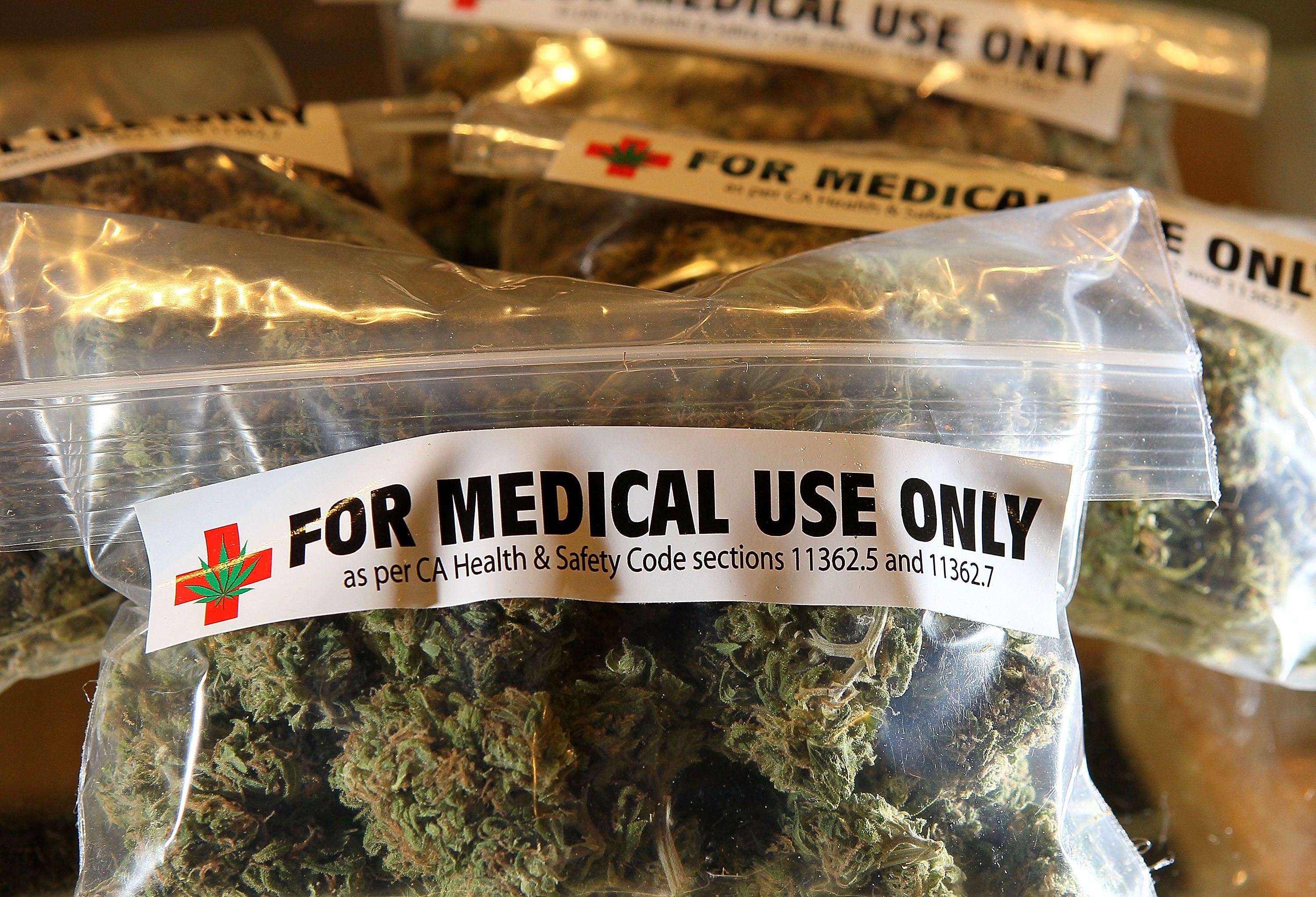Vermont Senate Approves Recreational Marijuana Bill – Deep Dot Web
 S.241, sponsored by Senator Jeanette K. White, was approved by the Vermont Senate in a 17-12 vote after a 16-13 preliminary vote. The bill now moves to the House Of Representatives for approval. If approved, the bill will then have to be signed into law by the Governor.
S.241, sponsored by Senator Jeanette K. White, was approved by the Vermont Senate in a 17-12 vote after a 16-13 preliminary vote. The bill now moves to the House Of Representatives for approval. If approved, the bill will then have to be signed into law by the Governor.
The bill aims to allow those who are at least 21 or older to purchase up to an ounce of marijuana. It also establishes a “possession limit”, meaning the amount of marijuana anyone who is at least 21 or older can possess at any given time is limited to one ounce.
Anyone under 21 who possesses an amount of marijuana equal to or less than the possession limit or lied about their age in order to obtain marijuana has committed a civil offense and will be enrolled in the Youth Substance Abuse Safety Program. If they fail the program they will be subject to a civil penalty of $300 and their driver’s license will be suspended for 90 days. On the second offense, they will be subject to a civil penalty of $600 and their driver’s license will be suspended for 180 days.
If the person under 21 possessed more than the possession limit, they will be enrolled in the Youth Substance Abuse Safety Program and if they fail, they will be subject to a civil penalty of $600 and their driver’s license will be suspended for 180 days.
Along with a suspended driver’s license, their insurance rates may skyrocket. If the person passes the program, then no penalty will be issued and everything will be a-okay.
However, if the person is under 16, they will be considered delinquent and will be subject to 33 V.S.A. Chapter 52.
Anyone enabling the use of marijuana for someone who is under 21 will be imprisoned for no more than two years or fined no more than $2000, or both.
Those who are 21 or older and possess or cultivate more than the possession limit will be subject to a civil penalty no more than $500. If they possess or cultivate five times the possession limit, they will be subject to a civil penalty no more than $1000. If they possess or cultivate ten times the possession limit, they will be subject to a civil penalty no more than $10000.
Those who sell or “dispense” marijuana will be subject to the following:
| Amount | Imprisonment (up to) | Fine (up to) | (or both) |
| (presumably less than 2 ounces) | 1 year | $1000 | Y |
| 2 ounces | 2 years | $5000 | Y |
| 6 ounces | 3 years | $5000 | Y |
| 1 pound | 5 years | $25000 | Y |
| 25 pounds or more | 10 years | $100000 | Y |
The bill does make an exemption to this, saying “This [does not] apply to cultivators, product
manufacturers, testing laboratories, retailers, lounges, and their owners, officers, staff members, and agents who are in compliance with State law …”
The bill also plans to “expunge criminal history records”, the section in its entirety is as follows:
“On or before December 31, 2016, the Civil Division of the Washington County Superior Court shall issue an order to expunge all records and files related to the arrest, citation, investigation, charge, adjudication of guilt, criminal proceedings, and any sentence related to a misdemeanor conviction for possession or cultivation of cannabis. Copies of the order shall be sent to each agency, department, or official named therein. Thereafter, the courts, law enforcement officers, agencies, and departments shall reply to any request for information that no record exists with respect to such person upon inquiry in the matter.”
Due to the 25% sales tax this bill will place on marijuana, Senator Dick Sears (voted “Yea”) says that this bill would likely generate $30-40 million in new tax revenue every year.
Source: Vermont Senate Approves Recreational Marijuana Bill – Deep Dot Web






